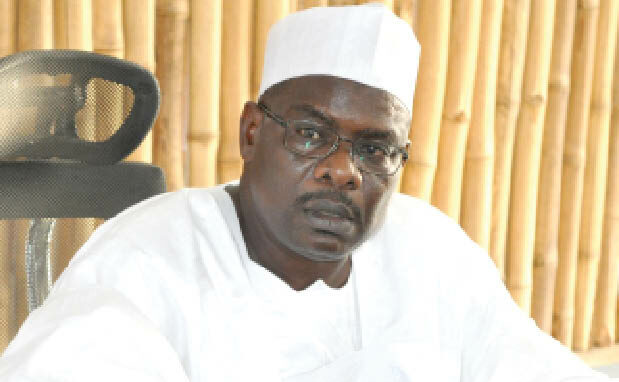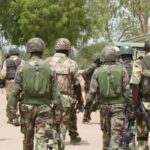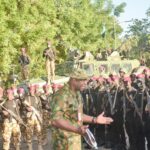We fully support the position of the Senate Committee on Army, chaired by Senator Ali Ndume of Borno South, which last week kicked against Federal Government’s controversial program to “deradicalize” and “reintegrate” so-called repentant Boko Haram fighters back into their communities. According to Daily Trust’s report of Thursday last week, all the Internally Displaced Persons [IDPs] spoken to as well as community elders in Borno State and security experts from across the country supported the Senate committee’s call for the program to be stopped until the war against insurgency itself ends.
The deradicalization program started many years ago as part of Operation Safe Corridor, under which repentant insurgents were promised safe passage and rehabilitation if they gave up their arms and surrendered. First approved by the National Security Council in September 2015, it was meant to go hand in hand with the war against Boko Haram and ISWAP. It was long suspected that many insurgent fighters were fighting unwillingly because they were abducted from their homes and villages, hence the idea of offering them safe passage and protection to surrender.
The deradicalization program, handled by experts in various fields, includes psychotherapy, art therapy and psycho-spiritual counselling. It also includes skill acquisition and a certificate of psycho-social normalcy. It was hoped that this program would encourage many insurgents to desert and cooperate with the authorities by providing vital information. Certainly it was well intentioned and it might have served some military and intelligence good. Yet, its downsides are far too many and the social and security risks are enormous.
For one, IDPs and other victims of Boko Haram view it as monumental injustice. Tens of thousands of families have had their family members and kinsmen killed, raped or abducted by insurgents. Boko Haram also sacked innumerable towns and villages, destroyed key public and private infrastructure and means of livelihoods, and displaced millions of people from their homes. Many of the insurgents who perpetrated those acts were from the local communities.
As far as the victims are concerned, the government has neither consoled nor rehabilitated the victims. It is therefore very painful for them to see so-called repentant terrorists being well fed, well housed and neatly clothed in “rehabilitation” camps, which are luxurious compared to IDP camps. Besides, even though the program is handled by supposed experts in various fields, there is serious doubt about its efficacy. From photos that were released to the public, these “repentant” insurgents are adults, not kids. As the military knows very well, it is very difficult to reorient and re-socialise an adult, which is why military training only aims at young minds.
Already, there are allegations that some of “reintegrated” insurgents went straight back to the bush and resumed fighting. This could easily happen because the pseudo-religious ideology of Boko Haram and the terrorist group’s means of indoctrination have proved to be highly effective in the past decade. So effective that people accepted to be strapped with bombs to carry out suicide bombing, while tens of thousands of others lived under the most intense conditions of deprivation in order to fight “jihad.”
The social conditions that drove so many people to join Boko Haram still exist in our society, including elite corruption that makes the anti-Western education ideology appealing to some deprived and marginalized people. Nor is there any reason to believe that the society will accept the return of “reformed” insurgents. Communities could very likely take the law into their own hands against these returnees.
It is true that when the war is over, government may not have the facilities to hold all the Boko Haram fighters in prison camps indefinitely. That may be the time to consider deradicalization and reintegration. When there are no more insurgents fighting in the bush, released ex-fighters might have no option but to settle down anyway. That time has not come. This program should stop until Boko Haram/ISWAP terrorist groups are completely defeated on the battlefield. To the credit of the armed forces, they have already made a lot of progress in that direction. We should let them finish the job.

 Join Daily Trust WhatsApp Community For Quick Access To News and Happenings Around You.
Join Daily Trust WhatsApp Community For Quick Access To News and Happenings Around You.


